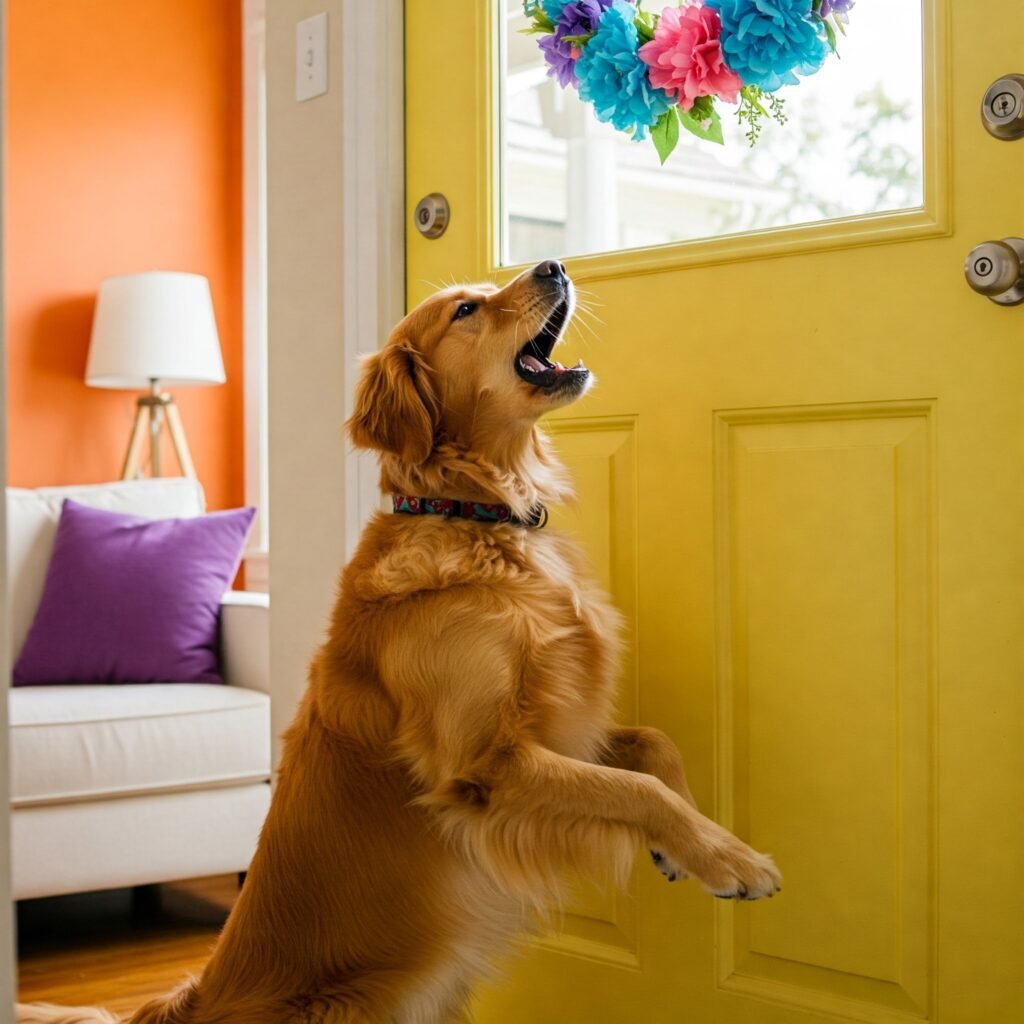If you have small dogs, you know that barking can sometimes feel like their full-time job. As much as I adore my dogs, I also know how frustrating it can be when they bark excessively—whether it’s at the doorbell, the neighbors, or other dogs passing by our window. Over the years, I’ve learned a few effective techniques to manage excessive barking while keeping my pups happy and stress-free. Here’s what has worked for me!
1. Identify the Reason Behind the Barking
Dogs bark for a reason—whether it’s excitement, fear, boredom, anxiety or a way to alert you. My Yorkie, Yuna, for example, is a watchdog at heart. Anytime someone walks by our house, she feels the need to let me know. My Toy Poodle, Nami, on the other hand, tends to bark more out of excitement. Once I understood their triggers, I could address the barking more effectively.
2. Teach the “Quiet” Command
This has been a game-changer in my home. I taught my dogs the “quiet” command by waiting for a pause in their barking, then saying “quiet” in a calm but firm voice and rewarding them with a treat. Consistency is key! Over time, they learned that staying quiet means good things happen.
3. Provide Enough Mental and Physical Stimulation
Bored dogs tend to bark more. I noticed that on days when Yuna and Nami had plenty of exercise and enrichment, they were much quieter. I make sure to take them on daily walks, play games like hide-and-seek, and give them puzzle toys to keep their minds engaged. A tired dog is a quiet dog!
4. Avoid Rewarding Unwanted Barking
It’s easy to accidentally reinforce barking by giving attention to it. If Yuna and Nami bark at the door, I wait until they stop before opening it. If they bark for attention, I only give it when they are calm. This way, they learn that barking doesn’t get them what they want.
5. Use Desensitization Techniques
For trigger-based barking, gradual exposure can work wonders. For example, if your dog barks at the sound of the doorbell, try playing a recording of the sound at a low volume while rewarding them for staying calm. Slowly increase the volume over time. This method helped Yuna feel less reactive to everyday noises.
Final Thoughts
Barking is natural, but excessive barking doesn’t have to be the norm. By understanding your dog’s triggers, using consistent training, and keeping them well-exercised, you can significantly reduce unwanted barking. These methods have worked wonders for Yuna and Nami, and I hope they help you too!
What has worked for your dog? Let me know in the comments—I’d love to hear your experiences! 🐶💛

